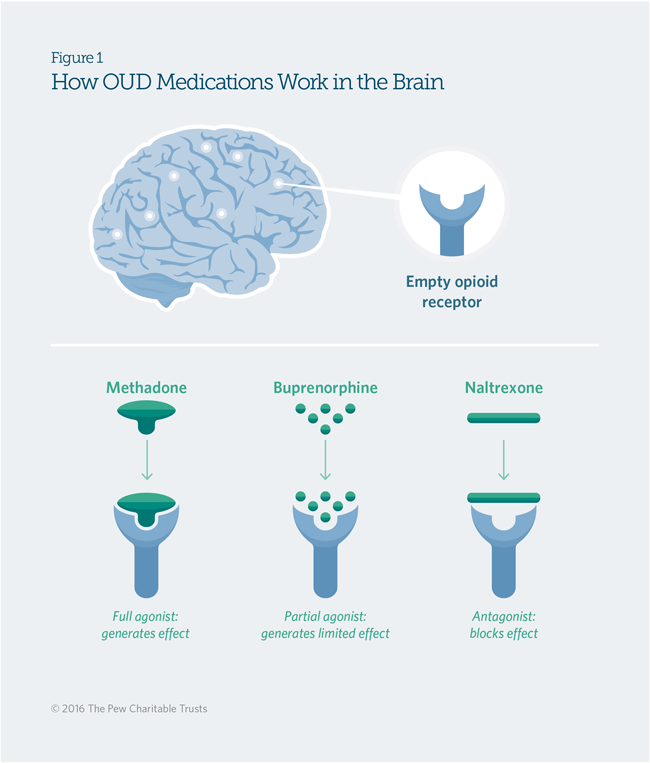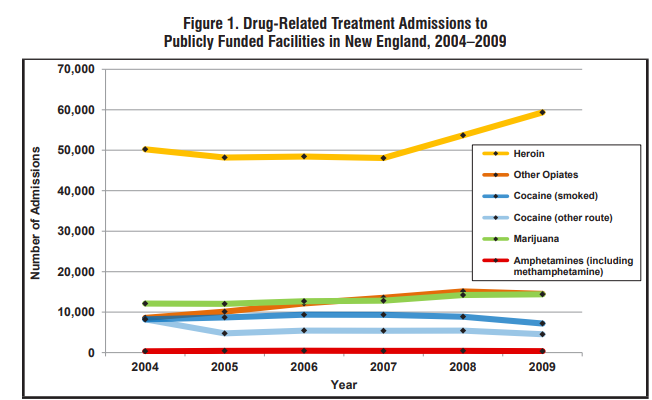About How Bullying Affects Mental Health Us News
You can use self-help and get treatment without going to see a GP. You might attempt the following alternatives: 'Improving Access to Psychological Treatments' (IAPT) services become part of the NHS and primarily use cognitive behavioural therapy (CBT) for mild to moderate anxiety and anxiety. There need to be an IAPT service available in your location.
You might pay to see a private psychiatrist. Private psychiatrists can offer a diagnosis and recommend medication for you. They might also refer you to other services such as counselling services which you might need to pay for. Personal psychiatrists can be expensive. If you want to discover a private psychiatrist you might: ask your GP if they can advise one to you, do a search online or in a phone directory site, or contact private health care service providers such as the Priory or Cygnet.
You can inspect here: www.gmc-uk.org/doctors/register/LRMP.asp#View. You might pay to see a private therapist or counsellor. Some private therapists charge less for individuals on lower incomes. It is an excellent concept to inspect if a private therapist belongs to a professional body such as the BACP. A therapist that belongs to a professional body will have to fulfill specific professional standards.
Complementary and alternative treatments take a look at all parts of your recovery and requires, and aim to look at your physical, psychological, spiritual wellbeing. This is referred to as an holistic technique. Many individuals with mental disorder find this technique useful. Individuals use complementary and alternative treatments to treat various health conditions.
However, there is still an absence of reliable scientific proof about their use in dealing with mental conditions. You can learn more about, ' Complementary and alternative treatments' by clicking here. There is a lot of useful self-help info available online. Self-help guides on the internet might be able to help you to comprehend why you are feeling and acting in a particular way.
Self-help can likewise offer you coping skills to handle your issues. These are some sites you could attempt. Both are computer based Cognitive Behavioural Therapy (CBT) packages that are offered on the web. They are readily available totally free through the NHS. Speak with your GP about whether they can give you log-in details.
Learn more style="clear:both" id="content-section-1">Rumored Buzz on How Does Socioeconomic Affects Latino Mental Health
A peer support system is where like minded people come together to share details, experiences and offer emotional support to each other. You might be able to find a local group by browsing online. If there isn't a group in your area you might have the ability to discover an online support system or forum.
If you have depression, trauma (PTSD), or another mental health condition, you are secured against and at work due to the fact that of your condition, you have work environment rights, and you might have a legal right to get sensible that can help you perform and keep your job. The following concerns and answers briefly describe these rights, which are provided by the Americans with Disabilities Act (ADA).
No. It is illegal for an employer to against you merely since you have a psychological health condition. This consists of shooting you, rejecting you for a task or promo, or requiring you to take leave. A company doesn't need to hire or keep people in jobs they can't carry out, or utilize individuals who present a "direct hazard" to security (a substantial threat of significant damage to self or others).
Prior to an employer can reject you for a task based on your condition, it should have unbiased proof that you can't perform your job duties, or that you would create a considerable safety threat, even with an affordable accommodation (see Concern 3). In most situations, you can keep your condition private.
After it has made you a task deal, but prior to work begins, as long as everybody going into the same task classification is asked the very same concerns - how mental health affects weight loss. When it is participating in affirmative action for individuals with specials needs (such as an employer tracking the impairment status of its candidate pool in order to examine its recruitment and hiring efforts, or a public sector employer considering whether special hiring guidelines may use), in which case you might pick whether to react.
You likewise may require to discuss your condition to establish eligibility for advantages under other laws, such as the FMLA. If you do discuss your condition, the employer can not discriminate versus you (see Concern 5), and it needs to keep the info personal, even from co-workers. (If you want to discuss your condition with colleagues, you might choose to do so.) You might have a legal right to an affordable accommodation that would assist you do your task.

How Nutrition Affects Mental Health - Questions
Simply a few examples of possible lodgings consist of altered break and work schedules (e.g., scheduling work around treatment appointments), peaceful office area or devices that produce a quiet work environment, modifications in supervisory approaches (e.g., composed guidelines from a supervisor who usually does not offer them), specific shift tasks, and approval to work from home.
If your signs come and go, what matters is how limiting they would be when the symptoms are present. Psychological health conditions like significant depression, post-traumatic tension condition (PTSD), bipolar affective disorder, schizophrenia, and obsessive compulsive condition (OCD) http://griffinzyni513.lucialpiazzale.com/the-2-minute-rule-for-how-inequality-affects-mental-health need to easily qualify, and lots of others will qualify too. Ask for one.
You may request an accommodation at any time. Due to the fact that a company does not have to excuse poor task performance, even if it was brought on by a medical condition or the side effects of medication, it is generally much better to get a sensible lodging any problems happen or worsen.
Your employer may ask you to put your request in writing, and to generally describe your condition and how it impacts your work. The employer also may ask you to send a letter from your healthcare provider recording that you have a mental health condition, which you need an accommodation since of it.
Your company likewise may ask your health care company whether particular lodgings would meet your requirements. You can help your healthcare company understand the law of affordable lodging by bringing a copy of the EEOC publication The Mental Health Provider's Function in a Customer's Demand for an Affordable Lodging at Work to your visit.

If more than one accommodation would work, the employer can choose which one to provide you - how illness and disease affects our mental health. Your company can't legally fire you, or refuse to hire or promote you, due to the fact that you requested an affordable lodging or because you need one. It also can not charge you for the cost of the accommodation.
How Workplace Mental Health Affects Community As Whole - Truths
You might likewise get approved for leave under the Household and Medical Leave Act, which is enforced by the United States Department of Labor. More details about this law can be found at www.dol.gov/whd/fmla. If you are completely unable to do your routine job, Visit this site you may ask your employer to reassign you to a task that you can do as an affordable accommodation, if one is available.
